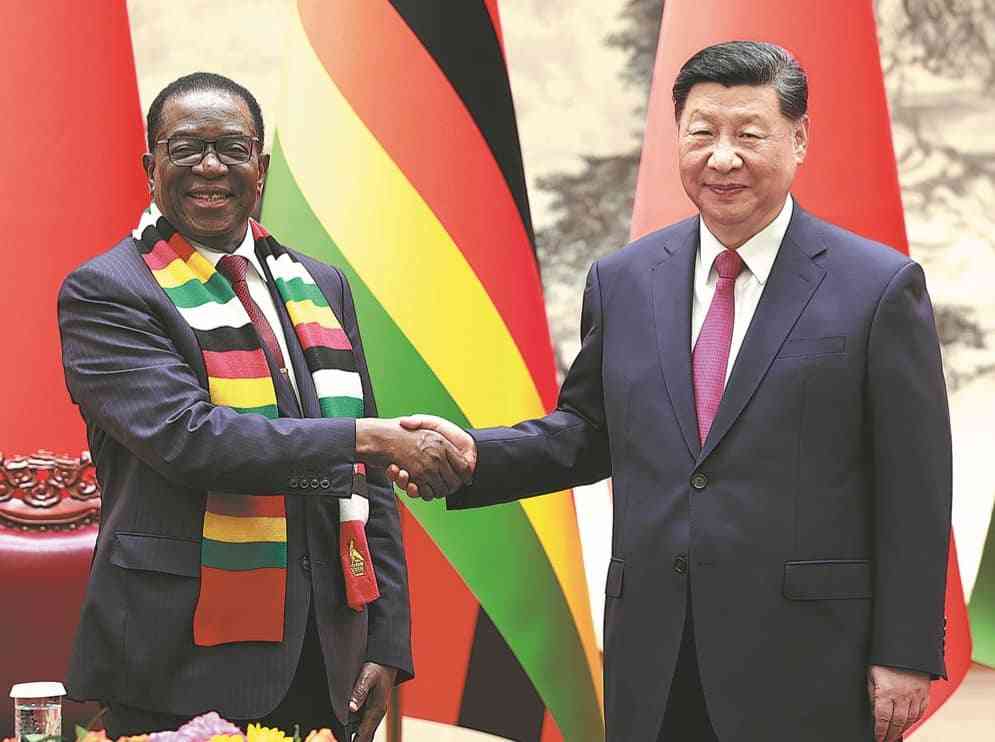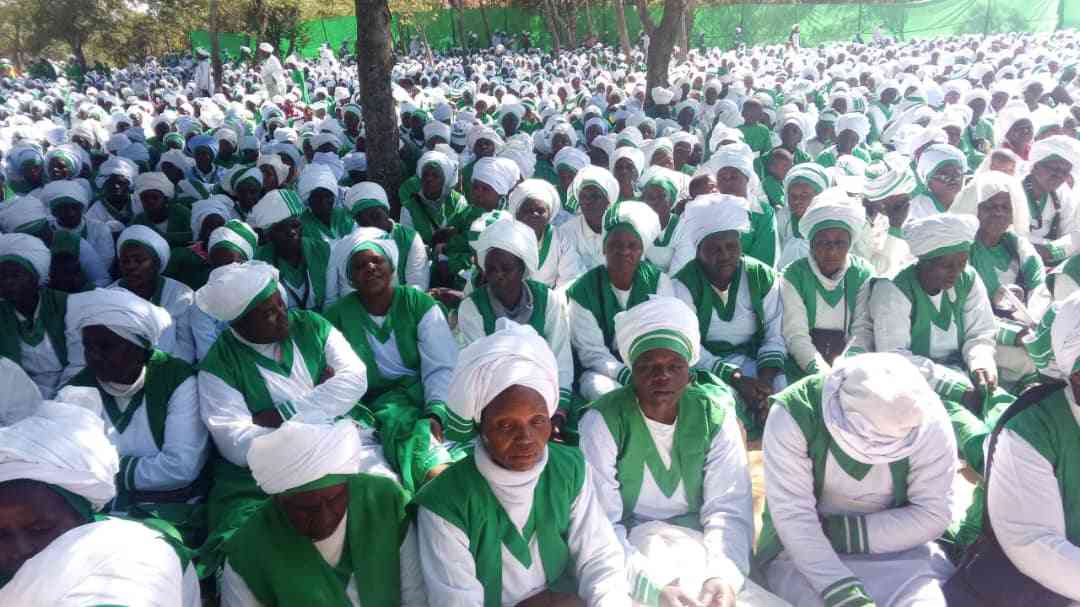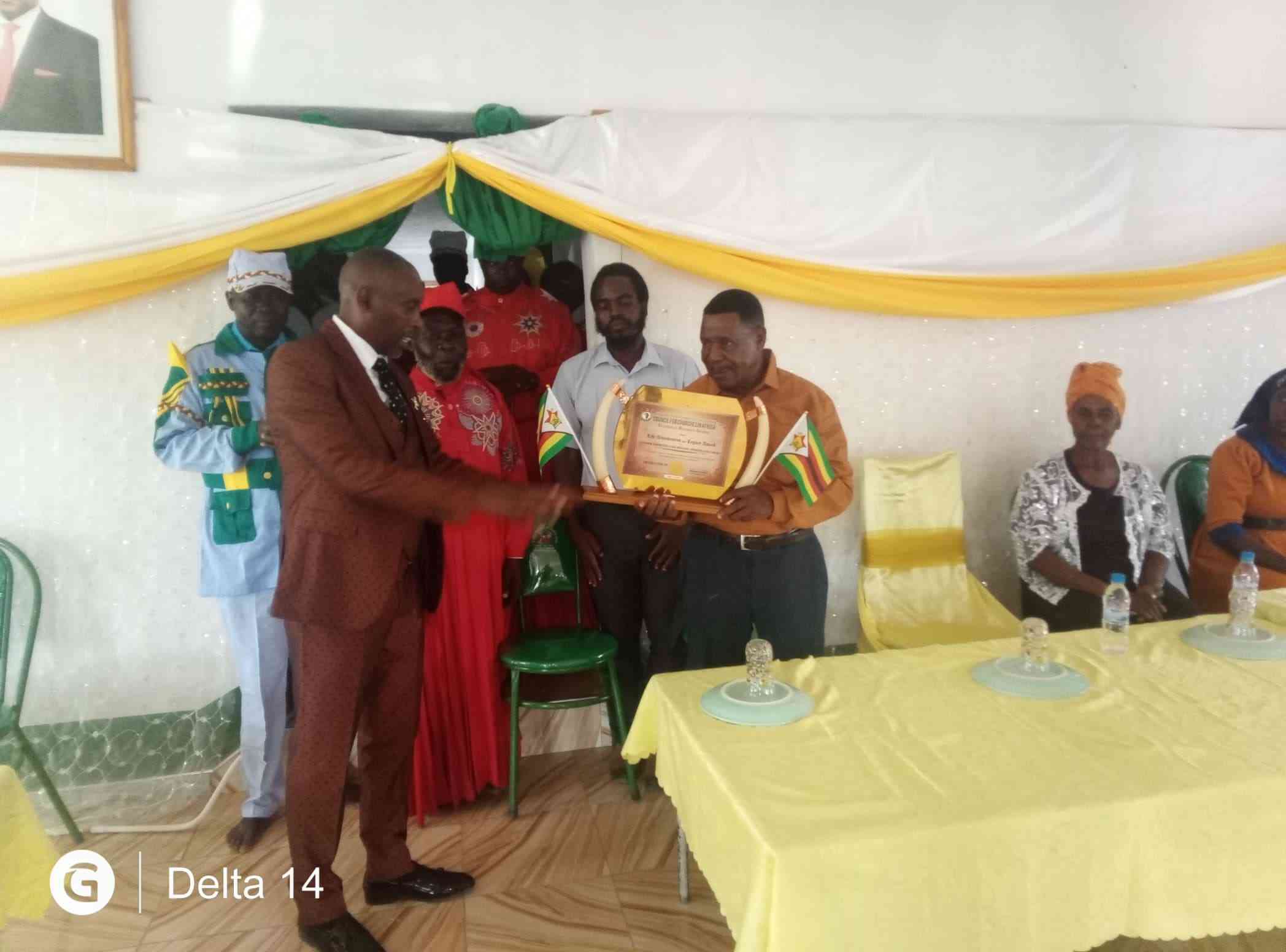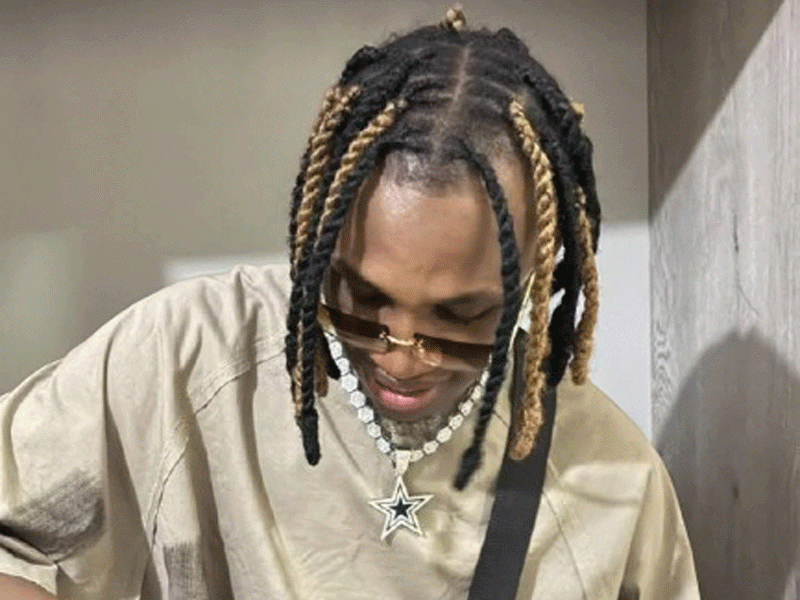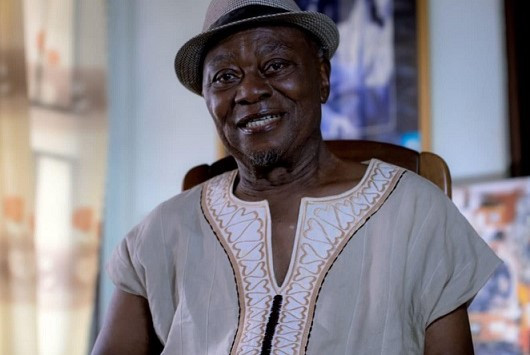
I was shocked to hear about the death of Teddy Osei, Ghanaian music legend who founded Afro-rock band Osibisa .
Ghanaian music legend and saxophonist Teddy Osei, died in London on Tuesday last week aged 88.
Osei rose to acclaim as the leader of Osibisa, where his boundless creativity as a multi-instrumentalist never conformed to a single genre.
He played an instrumental role in shaping the unique sound of the band, which captivated the world with its warm, infectious songs that transcended cultural and musical boundaries.
Born on December 1, 1937, in Kumasi, Ghana, Osei was introduced to music by his father, who played in prominent school bands.
A gifted multi-instrumentalist, Osei was best known for his passion for the saxophone, a love he cultivated while studying in the western town of Sekondi.
Osei moved to London in the early 1960s on a government scholarship to study music and drama. His ambition was to make a difference to the African music scene in the world.
During this time, Osei formed a band called Cat’s Paw, which blended the vibrant rhythms of highlife — a popular West African genre —with the energetic styles of rock and soul.
- Inside Sport: Local stadiums in urgent need of attention
- Ghetto dances: When love of money goes beyond bounds of sanctity
- Dawson pleased ahead of World Cup qualifiers
- Eva heads for Miss Heritage Global
Keep Reading
In 1969, Osei co-founded the pioneering Afro-Rock group Osibisa alongside fellow Ghanaian musicians Sol Amarfio and Mac Tontoh.
The band’s name, Osibisa, comes from a word in the Fante language, meaning “highlife”.
Osibisa’s fusion of Afrocentric sounds with rock, soul, jazz, and funk put them on the global music map as one of the first African bands to gain international recognition.
Osei’s contribution to the success of Osibisa is undeniable.
His crucial input towards the group led to chart successes in the UK with singles like Sunshine Day and Dance the Body Music.
Their live performances left audiences in awe the world over, leading to extensive tours across Europe, Asia, and Africa.
Osei’s dedication to promoting African music on the global stage has left an indelible mark on the international music industry.
Without Osibisa, Osei said, there would have been no Fela Kuti, widely regarded as the godfather of Afrobeat.
His contributions served as a cultural bridge that connected diverse audiences through the universal language of music.
“Osibisa gave Africans confidence in their own music,” Osei once said, reflecting on what he considered his greatest achievement.
His passing marks the end of an era, but his musical innovations and the pathways he forged for African artists will endure.
Osibisa in Zimbabwe
In 1985, businessman Billy Tanhira of Tanhar Agencies and Europium Star Investments approached me and asked if I could help him venture into music promotion. He was interested in bringing to Zimbabwe a popular British-based kids’ group known as Musical Youth, who had recently topped the charts with the hit Pass The Dutchie. He asked me if I had any contact with the group. I told him I did not have the contacts, but knew people who could possibly have those contacts. I telephoned Brinsley Forde of the group ASWAD and he said he couldn’t help. I then tried King Sounds of the Israelites who was in touch with Frederick Waite, the father of two youths in the group. He said he would send the number to me the next day, but that also failed. Billy then suggested that we go to Birmingham where Musical Youth were based and talk to them directly. The following week, we were on British Airways off to Birmingham.
On arrival at Heathrow Airport we decided to spend one night in London while making an appointment with MCA Records to see Frederick Waite. We went to Birmingham the next day and met with Waite in Edgbaston. His words were: “Zimbabwe is one country we all looked forward to visiting one day, but unfortunately, the band split up only two months ago. Dennis Seaton, the lead vocalist has left the group.” We were disappointed.
Although dispirited, after a long discussion, Billy said to me: “We cannot go back to Zimbabwe empty-handed. After all I told my friends and partners back home that we are going to bring a band from Britain. So let’s look for an alternative. Can you think of alternative artistes we can choose from?”
Reggae music was the in-thing in Zimbabwe at the time. British-based Reggae artistes who were hot at the time included Maxi Priest, Black Slate, Aswad and Misty-in-Roots. The latter two had just toured Zimbabwe, so we tried to get in touch with Maxi Priest. He was said to be on a tour in Europe. Black Slate had also just split up. We ran out of ideas.
However, as we were walking down Oxford Street in London, we bumped into Daku Adams, aka Potato of Osibisa Band. I had interacted with him and the group Osibisa on several occasions before. I introduced Billy to Potato and Billy immediately suggested that we take the band to Zimbabwe. I explained to Billy that Osibisa were not a Reggae band but were also popular after their hit Woyaya had made the charts. Billy said that these would do as they were also known in Zimbabwe. Potato referred us to Teddy Osei who was the saxophonist and Band leader of Osibisa.
When we met Osei the next day, we signed contracts and promised him that we would send a deposit for three performances in Harare, Mutare and Bulawayo. Then we flew back to Harare to plan the logistics.
The following week after our return from Britain, we roped in Mike Mhundwa who I had worked with during Aswad’s visit to Zimbabwe. The three of us went to the Ministry of Youth, Sport and Recreation to hire the only PA system in the country which had enough power output of 40 000 watts capable of delivering enough decibels to crowds of more than 5 000 people in the three stadiums we expected to stage the Osibisa concerts. We asked Wiseman, a sound engineer to assist us in rigging the PA system.
At the ministry, we had no problems at all in securing this hire. Dr. Dumisani Abraham Maraire (Chiwoniso’s father) was in charge of this side of business. We signed the contract for the hire of the PA system. We put our signatures to the PA hire form and Maraire also put his signature to the form. He gave us our copy of the contract. We paid for the hire and that was the end of business for that day.
The first concert was to be held on a Saturday afternoon at Sakubva Stadium in Mutare. We were told that we could only pick up the PA system from the (now defunct) Ministry of National Supplies which was under the then minister Simbi Mubako, in Coventry Road on Friday.
On Friday, Mike Mhundwa and I went to the ministry using one of Mhundwa transport trucks in order to transport the PA system first thing the next morning for a concert destined to start at 2pm. Billy Tanhira had gone to the airport to pick up members of Osibisa and to arrange their accommodation. We later met at their hotel in the evening.
Around 5pm on Friday, Billy received a phone call from Maraire asking him to cancel the collection of the hired PA system as the ministry of Youth had changed its mind. Apparently another artiste, Jimmy Cliff, who had just completed a show in Lusaka, Zambia, was in town and Uzziel Mankola, who also worked with the ministry had persuaded Jimmy Cliff to stage a rushed charity show in Bulawayo. Their only problem was how to get the PA system they had hired to us for the Osibisa concerts to do the Jimmy Cliff concert in Bulawayo. Billy told them that we had already collected the PA system and it was on its way to Mutare.
Uzziel Mankola could not buy this. He said to Maraire: “This is our PA system and we are the government. Nobody tells us we can’t have our property when we want it!”
The next morning we left for Mutare in three cars with members of Osibisa.. We took two members of the band in each car except for Mike Mhundwa who took three. Billy travelled with Osei and Potato. Mike Mhundwa travelled with the bass player, the keyboardist and the lead guitarist. In my car was the drummer, Sol Armafio and the trumpeter , Mac Tonto and we laughed at how ridiculous we thought the Ministry had been by asking us to return the PA system they had hired to us.
When we reached Mutare, Wiseman started working at Sakubva stadium where he connected the system. At 12 pm, the band was ready for a sound check. *Visit www.thestandard for full article
- Feedback: frezindi@gmail.com

